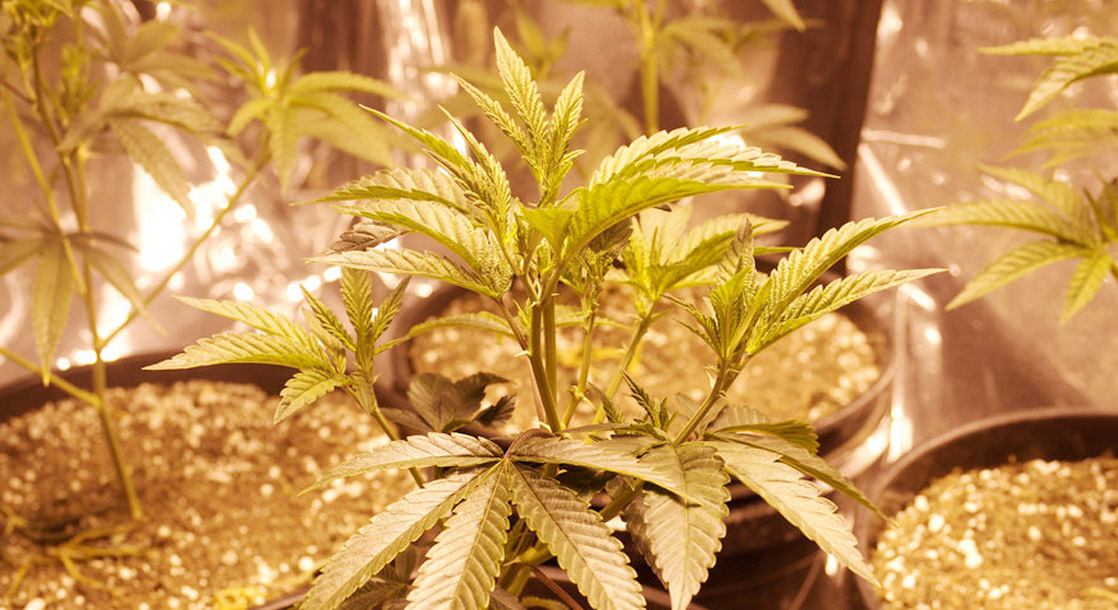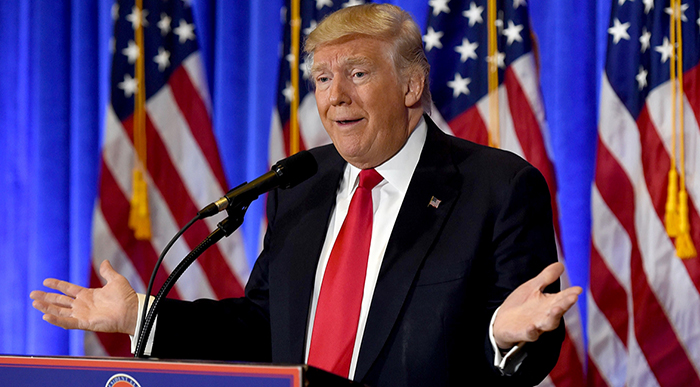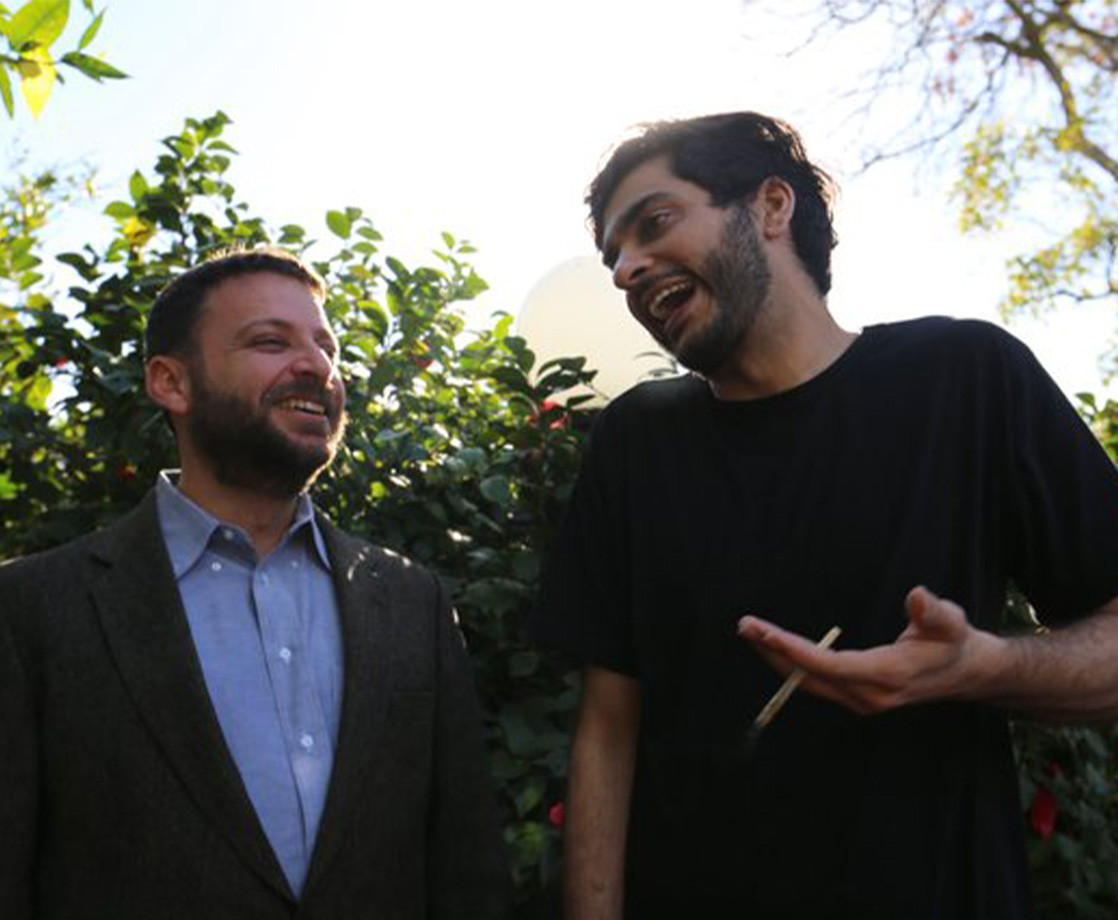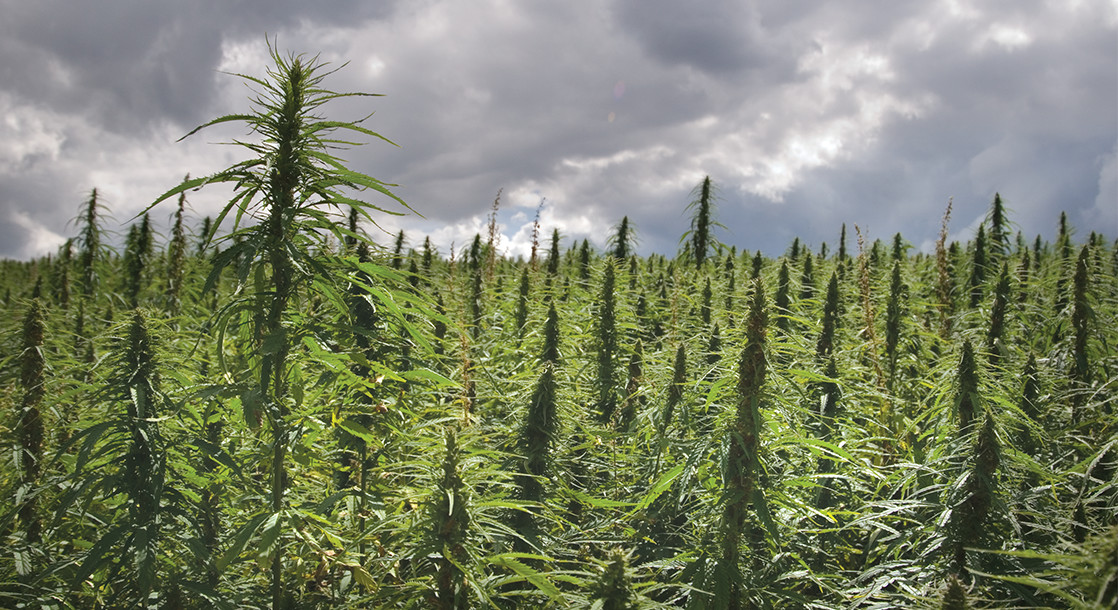A group hoping to sabotage the possibility of marijuana being legalized in Arizona has come back, like cockroaches, in a last-ditch effort to maintain the state’s prohibitionary standard.
This time its move involves begging the state’s highest court to overturn the decision handed down last month by a lower court.
It seems that after Arizonans for Responsible Drug Policy were rejected earlier this month by a Superior Court judge when they attempted to have a proposal brought forth by the Campaign to Regulate Marijuana Like Alcohol (CRMLA) tossed out of the November election, the organization, which includes Yavapai County Attorney Sheila Polk, Maricopa County Attorney Bill Montgomery, and the Arizona Chamber of Commerce, petitioned the Supreme Court in hopes that it would have a different opinion.
The group has maintained throughout its opposing campaign that CRMLA organizers bamboozled the voting public during its signature collecting campaign, failing to paint an accurate portrait of what it means to legalize marijuana for recreational use.
Superior Court Judge Jo Lynn Gentry’s decision last month suggested that a law recently passed by the State Legislature prevents the average citizen from swopping in to oppose ballot initiatives.
However, the folks at Arizonans for Responsible Drug Policy assert that if this verdict continues to hold weight, “courts no longer have the power to prevent fraud on the electorate by reviewing an initiative petition on a substantive legal challenge filed by an initiative opponent.”
But Judge Gentry instituted a bit of a failsafe in the ruling by rejecting all of the additional points contained in the lawsuit. This will make it difficult for the Supreme Court to rule against the whole of the decision.
Nevertheless, the high court has agreed to hear the complaint, with a final decision expected to be made by September 1 to keep in line with the Secretary Of State’s cutoff for ballot measures.
If voters approve the CRMLA initiative, otherwise known as Proposition 205, it would establish a legal cannabis market similar to what is happening in Colorado.











